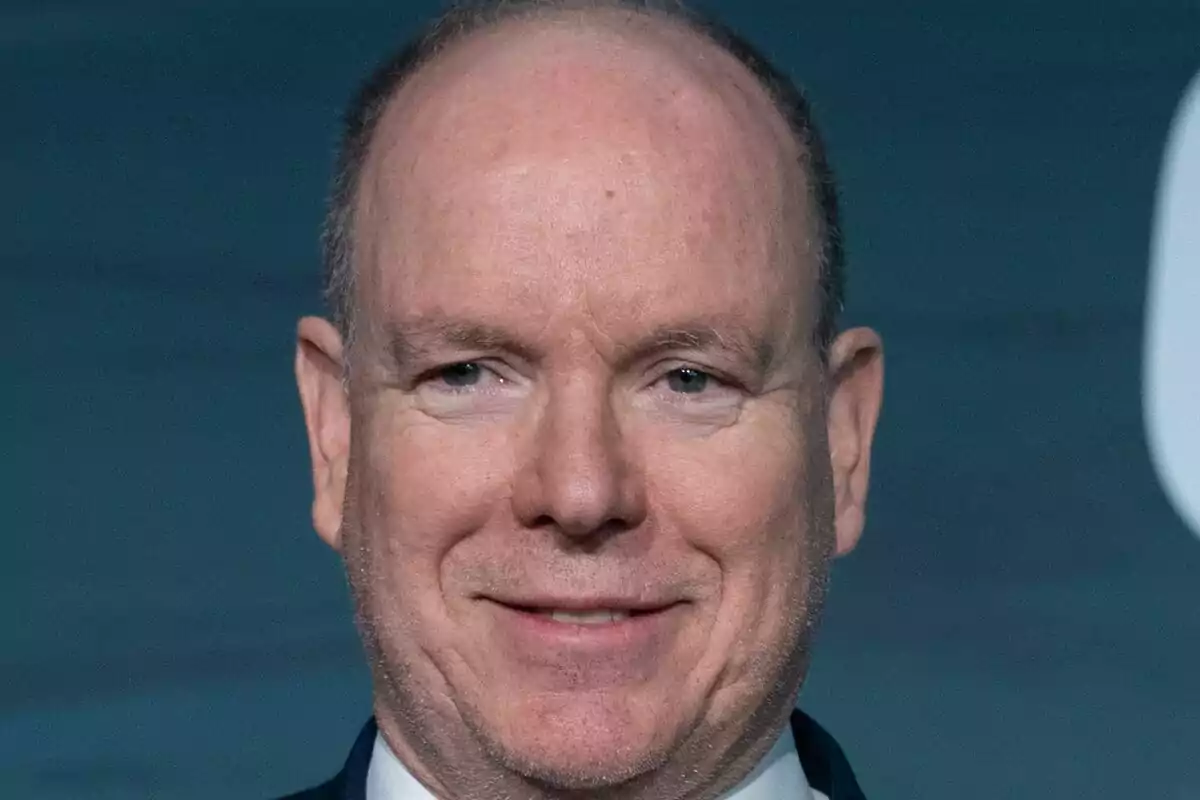Prince Albert of Monaco has once again drawn international attention with an unusual statement. During a meeting held in New York, his speech stood out for the strength of his words. The sovereign's presence coincided with the UN General Assembly and Climate Week.
The Monegasque leader took part in an event focused on ocean protection. There, he shared the stage with scientists and specialists working in marine conservation. His words sparked a debate that has crossed borders and reached leaders around the world.

A global stage to speak
Prince Albert spoke at an event organized by The Wall Street Journal. The event took place at Rockefeller Plaza, with high-profile political and academic attendees. The main topic was the urgency of protecting the seas from overexploitation and climate change.
The sovereign shared the table with Enric Sala, a National Geographic explorer and renowned marine ecologist. Both outlined the challenges currently facing marine ecosystems. Among them are overfishing, pollution, and the need to achieve the 30x30 goal.
The debate addressed the practice of bottom trawling, considered one of the most damaging for the seabed. The prince himself described this technique as "unbelievable" and argued that it should be severely punished. His words were surprising for their forcefulness and made headlines in numerous countries.
An urgent message that leaves no room for doubt
The speech by Prince Albert of Monaco included a clear warning about the effects of bottom trawling. He recalled that this practice wipes out everything in its path and destroys habitats irreversibly. He emphasized that this is not something new, but a problem documented for centuries.
In this context, the sovereign surprised attendees with an unusual gesture. As sources close to him had previously reported, Prince Albert decided to deliver an urgent message after receiving support from the Royal House. The news, received with anticipation, confirms the firmness of his environmental stance.
This move was interpreted as a warning to the international community. Albert called on leaders to make real commitments, not just promises. His decision strengthens Monaco's role as an influential actor in the defense of the oceans.

The family legacy and teaching his children
The prince recalled that his passion for the oceans is not a coincidence. He referred to his ancestor, Albert I, a pioneer of oceanography and founder of the Oceanographic Museum of Monaco. According to him, he inherited the scientific vision and commitment to the study of the sea from him.
The sovereign revealed that he passes on this concern to his children, Princes Jacques and Gabriella. At ten years old, the twins have already practiced swimming and diving, following in the footsteps of their mother, Princess Charlene. The entire family keeps a close bond with the sea as part of their daily life.
For Albert, environmental education for new generations is essential. He argued that statements at international forums are not enough, but daily habits that convey respect for nature are needed. "They know the sea is our heritage and also our responsibility," he said proudly.

